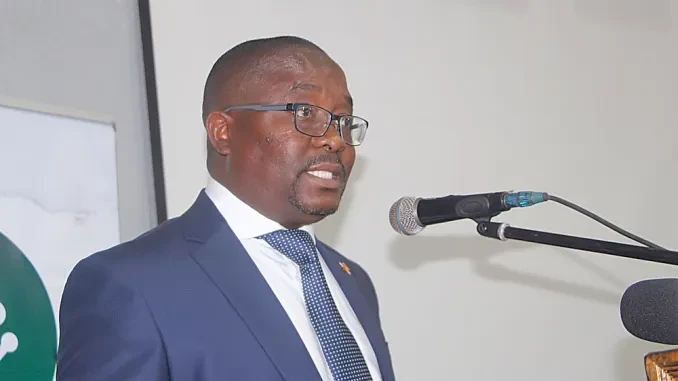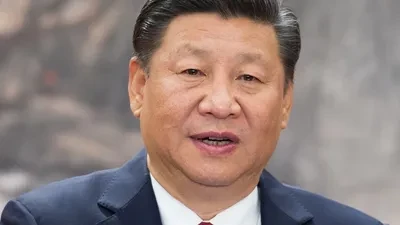
GOVERNMENT has pledged to promote cultural heritage sites as part of a domestic and international tourism drive.
Tourism and Hospitality Industry deputy minister Tongai Mnangagwa said the government’s thrust is anchored on promoting cultural sites in a multifaceted approach.
“As government, we recognise the importance of preserving and promoting cultural heritage. We have ratified international conventions, such as the Unesco 2005 Convention for the Protection and Promotion of the Diversity of Cultural Expressions. That shows the commitment we have towards cultural preservation,” he said.
“Also as government, we have decided to shift towards more participatory approaches to cultural heritage governance, involving local communities, civil society, and private sector stakeholders.”
Mnangagwa added that the ministry is committed to protecting and promoting cultural diversity, including the preservation of cultural sites and the promotion of cultural goods and services.
“We are on track promoting sustainable tourism practices that support the conservation of cultural heritage sites while also generating income and jobs for local communities,” he said.
“Local Government departments also play a crucial role in protecting cultural sites, promoting cultural rights and supporting the preservation of cultural heritage sites through our traditional leaders who are chiefs of those areas.
“The traditional leadership are the custodians of our culture. We have also engaged with local communities to raise awareness about the importance of cultural heritage preservation.”
- Ex-minister arrested for insulting first lady
- Ex-minister arrested for insulting first lady
- Hwange to institute legal action against defaulters
- Dzivarasekwa ex-housing co-op leader risks arrest
Keep Reading
The Tourism ministry has since developed sustainable tourism initiatives that support the conservation of cultural heritage sites, including Kore Kore village in Mashonaland West and the Umuzi Village in Matebeleland provinces.
“Umuzi village experience is a cultural prime zone showcasing African culture to international and domestic tourists. Tourists are now in cultural exchange programme with villagers in Ntabayengwe, how they live, the kinds of foods they eat and basic preparation of the food,” Mnangagwa said.
“As a government, we are committed to promoting and preserving cultural heritage sites and Hurungwe Mountain is no exception. We are working out the modalities to achieve that goal.”
Government’s commitment comes amid calls by traditional leadership after presentation of a report during validation of Hurungwe Intangible Cultural Heritage in 2021.
Local traditional leadership challenged the government to consider protecting Hurungwe Mountain under Chief Kazangarare to ensure that it remains a heritage site.
Tarisai Gusho, a provincial officer from the Youth, Sport, Arts and Recreation ministry, noted how intangible cultural heritage sites remain fostering different generations.
“From our research we noticed that locals preserve the environment. One site is Hurungwe Mountain that used to preserve environmental impact through better forests and wild animals. Respecting cultural heritage and history is intangible,” Gusho said.
“We noticed social practices, rituals and festive seasons. These include oral traditions and expressions through performing arts as well knowledge and practice on nature and universe.
“Among other notable traditions include installation of a new chief that is still part of the history.”










